Coenzyme Q10 has beneficial effects on glycemic control. CoQ10 supplementation is especially of benefit for individuals with type 2 diabetes. A daily dosage of 100-200 mg of Coenzyme Q10 provides the greatest benefit in patients with glycemic disorders. These are the major findings of a meta-analysis of 40 randomized controlled trials enrolling 2,424 participants [Liang 2022].
The Findings: Coenzyme Q10 and Glucose Metabolism
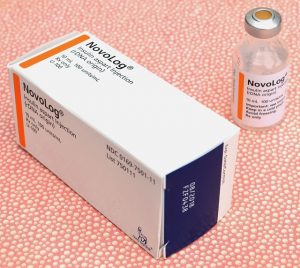
Good blood glucose control means maintaining a blood glucose level as close to a normal level as is possible. Good blood glucose control can reduce the risk of developing full-blown type 2 diabetes and diabetes-related complications including cardiovascular disease and kidney failure.
The investigation of the pooled data in the meta-analysis of the 40 studies yielded the following findings [Liang 2022]:
- CoQ10 significantly reduced the level of fasting glucose
- CoQ10 significantly reduced the level of fasting insulin
- CoQ10 significantly reduced HOMA-IR (= extent of sensitivity to insulin)
- CoQ10 significantly reduced HbA1c (= average blood sugar level over the past three months)
U-Shaped Association Between Coenzyme Q10 and Glycemic Control
Analysis of the pooled data showed a U-shaped dose-response association of the CoQ10 dosage and the outcome indicators of glycemic control. Liang et al concluded that 100-200mg/day of CoQ10 supplementation has better efficacy at attenuating the level of fasting blood glucose, fasting insulin, HbA1c, and HOMA-IR [Liang 2022].
Beneficial Effect of Coenzyme Q10 Greatest in Diabetes Patients
In sub-group analyses of the data, the researchers found that CoQ10 supplementation had greater health benefits for the sub-group of diabetes patients than for all study participants. The Liang analysis reported a larger effect size in diabetes patients than did a previous review.
Based on the outcomes of their study, Liang et al suggested that Coenzyme Q10 may be a potent compound for the reduction of blood glucose. The researchers noted, moreover, that disorders of glucose metabolism play an important role in the development and progression of cardiovascular disease [Liang 2022].
Low Intake of Coenzyme Q10 from the Typical Diet
In a survey of the typical diet in Denmark, Weber et al established that the average daily intake of Coenzyme Q10 from food was 3-5 mg. This is far less than the 100-200 mg/day supplementation used in the studies in the Liang meta-analysis [Weber 1997].
With and without supplementation, the primary source of Coenzyme Q10 in the blood and in the tissues is the endogenous synthesis. Thus, it is important to note that the body’s own production of Coenzyme Q10 declines gradually with increasing age. Peak production of Coenzyme Q10 occurs in an individual’s 20’s. Kalén et al have shown that the CoQ10 content in the heart muscle tissue of an individual aged 19-21 years is 2.34 times greater than the CoQ10 content in the heart muscle tissue of an individual aged 79-81 years [Kalén 1989].
Furthermore, it is known that the use of prescription cholesterol reducing medications, called statins, significantly reduces the body’s ability to synthesize Coenzyme Q10 [Okuyama 2015].
Antioxidant and Anti-Inflammatory Effects of Coenzyme Q10
In a 2024 literature review of clinical trials of Coenzyme Q10 in the treatment of diabetes and its cardiovascular complications, Samimi et al observed that Coenzyme Q10 has demonstrable antioxidant and anti-inflammatory properties. These attributes contribute to reduced oxidative stress, improved lipid profiles, and better regulated blood pressure. The outcome is, then, better management of diabetes-induced cardiovascular disease complications [Samimi 2024].
Conclusion: CoQ10 Supplementation Benefits Patients with Diabetes
CoQ10 supplementation in daily doses of 100-200 mg has beneficial effects on glucose control.
The benefits of CoQ10 supplementation are especially notable in patients with type 2 diabetes.
Coenzyme Q10 has antioxidant properties.
CoQ10 supplementation is associated with reduced risk of cardiovascular disease.
Not all CoQ10 supplements are absorbed equally well. Consumers should expect scientific documentation for a commercially available CoQ10 supplement.
Sources
Kalén A, Appelkvist EL, Dallner G. Age-related changes in the lipid compositions of rat and human tissues. Lipids. 1989 Jul;24(7):579-84.
Liang Y, Zhao D, Ji Q, Liu M, Dai S, Hou S, Liu Z, Mao Y, Tian Z, Yang Y. Effects of coenzyme Q10 supplementation on glycemic control: A GRADE-assessed systematic review and dose-response meta-analysis of randomized controlled trials. EClinicalMedicine. 2022 Aug 3;52:101602.
Okuyama H, Langsjoen PH, Hamazaki T, Ogushi Y, Hama R, Kobayashi T, Uchino H. Statins stimulate atherosclerosis and heart failure: pharmacological mechanisms. Expert Rev Clin Pharmacol. 2015 Mar;8(2):189-99.
Samimi F, Namiranian N, Sharifi-Rigi A, Siri M, Abazari O, Dastghaib S. Coenzyme Q10: A Key antioxidant in the management of diabetes-induced cardiovascular complications-an overview of mechanisms and clinical evidence. Int J Endocrinol. 2024 Mar 15;2024:2247748.
Weber C, Bysted A, Holmer G. The coenzyme Q10 content of the average Danish diet. Int J Vitam Nutr Res. 1997;67(2):123-9.
The information presented in this review article is not intended as medical advice. It should not be regarded as such.



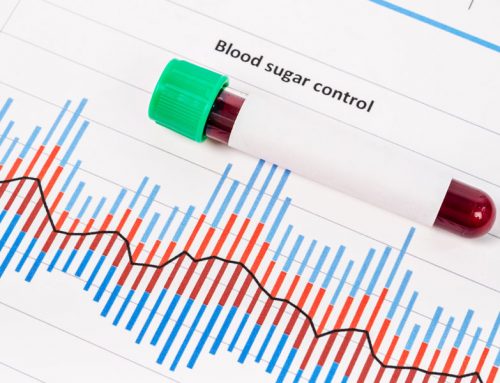
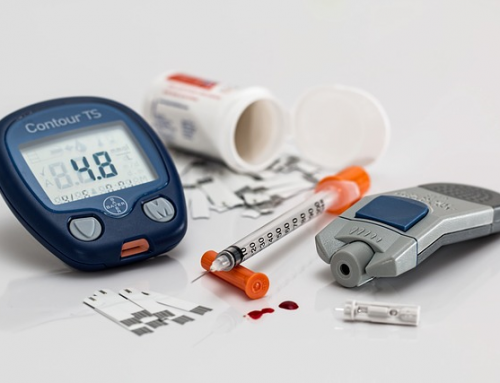
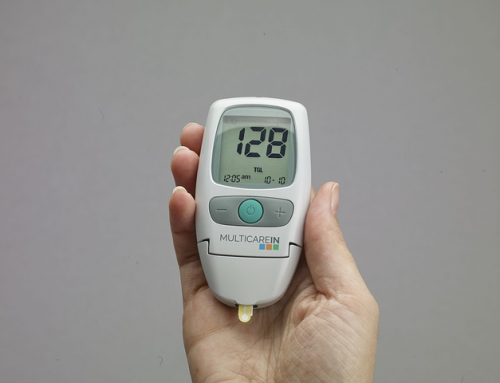
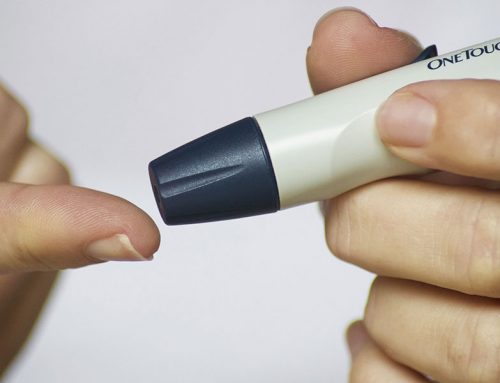


Leave A Comment